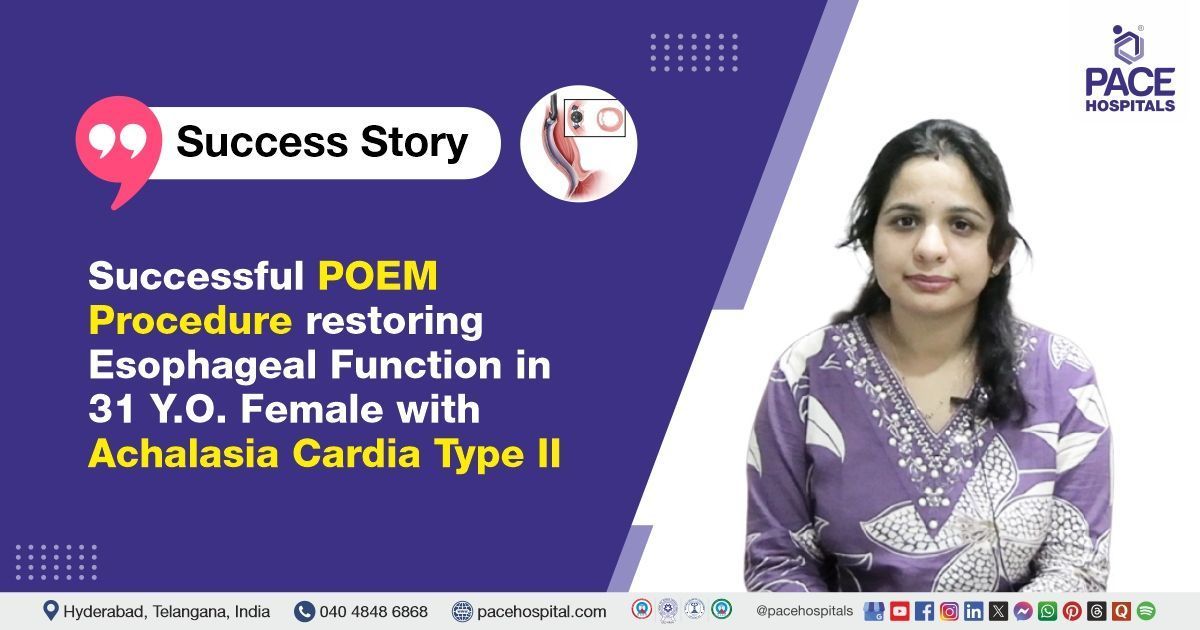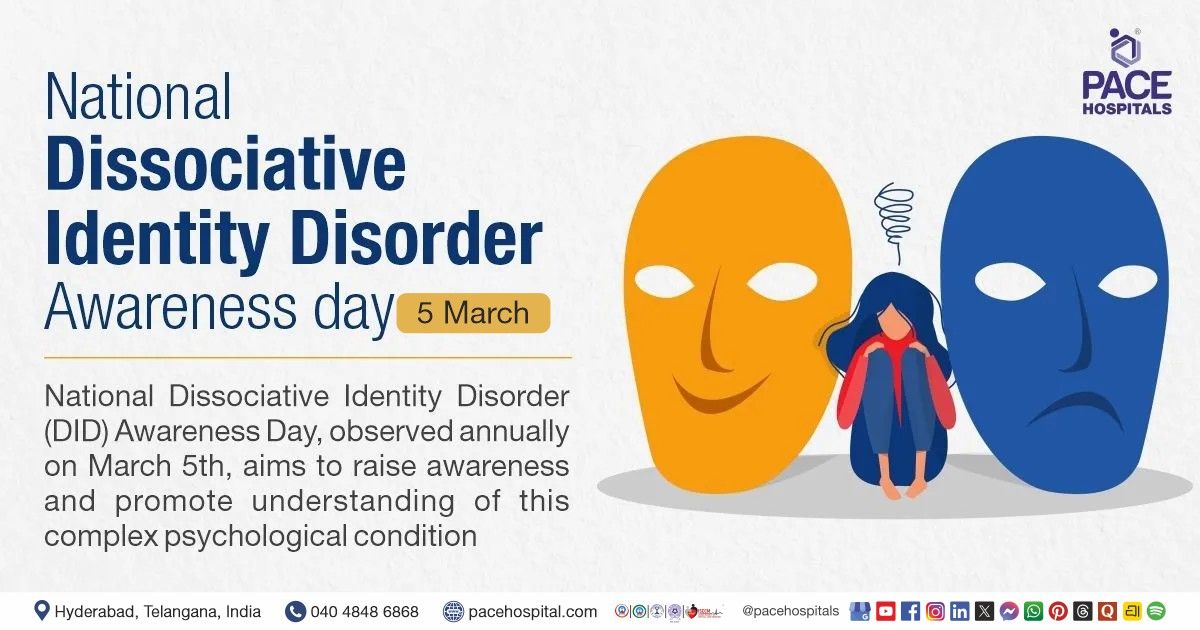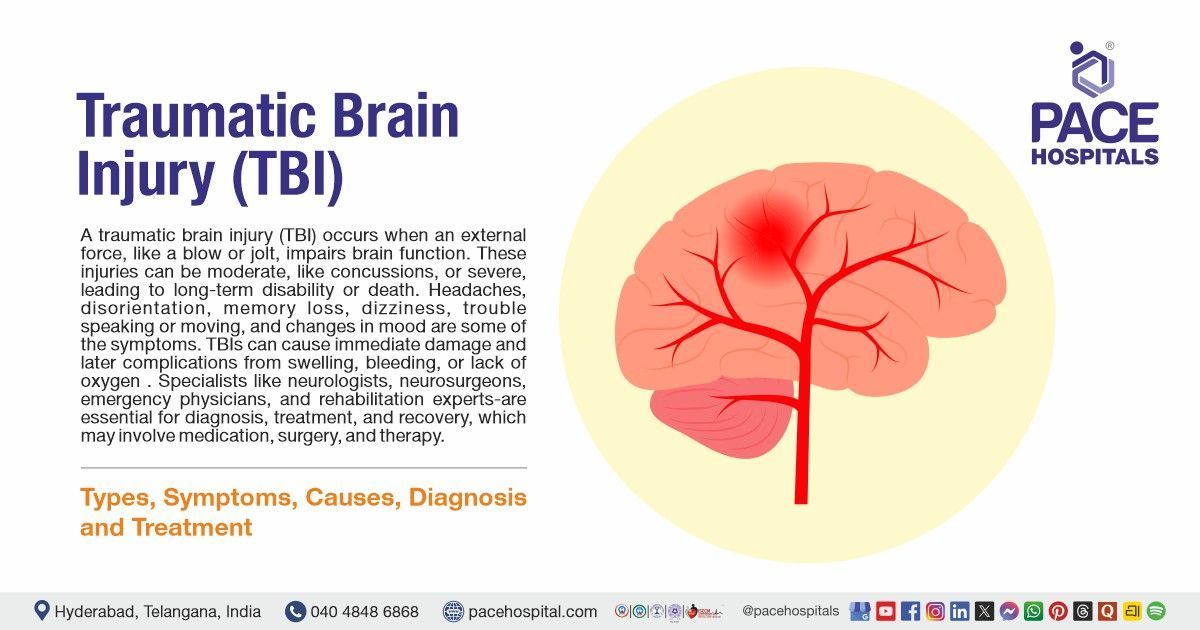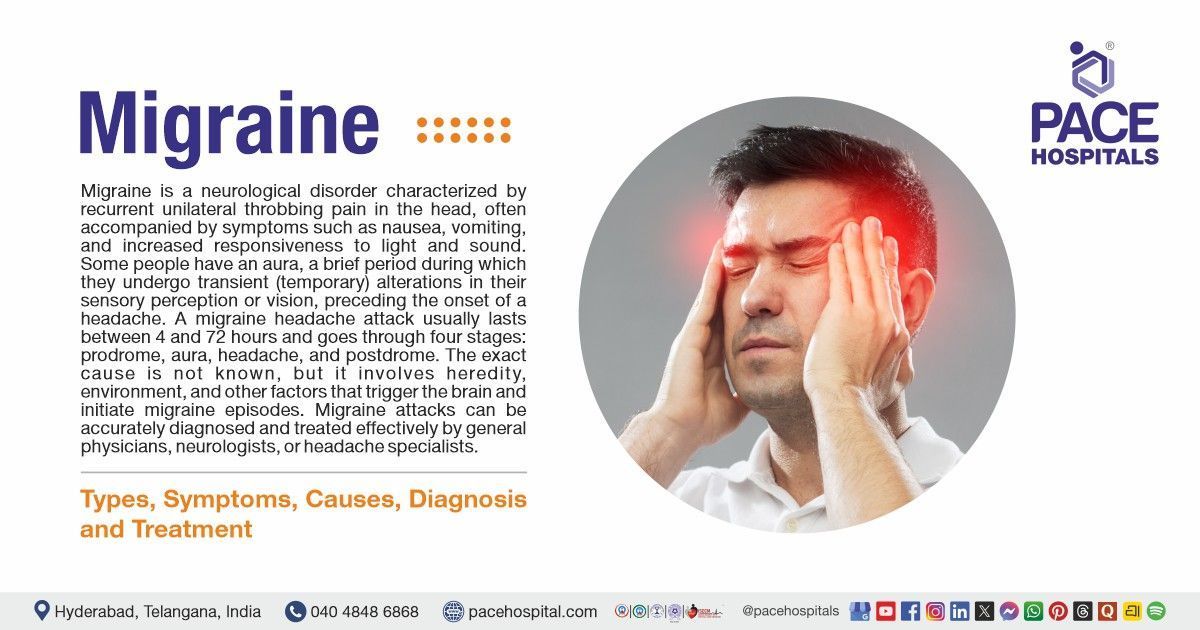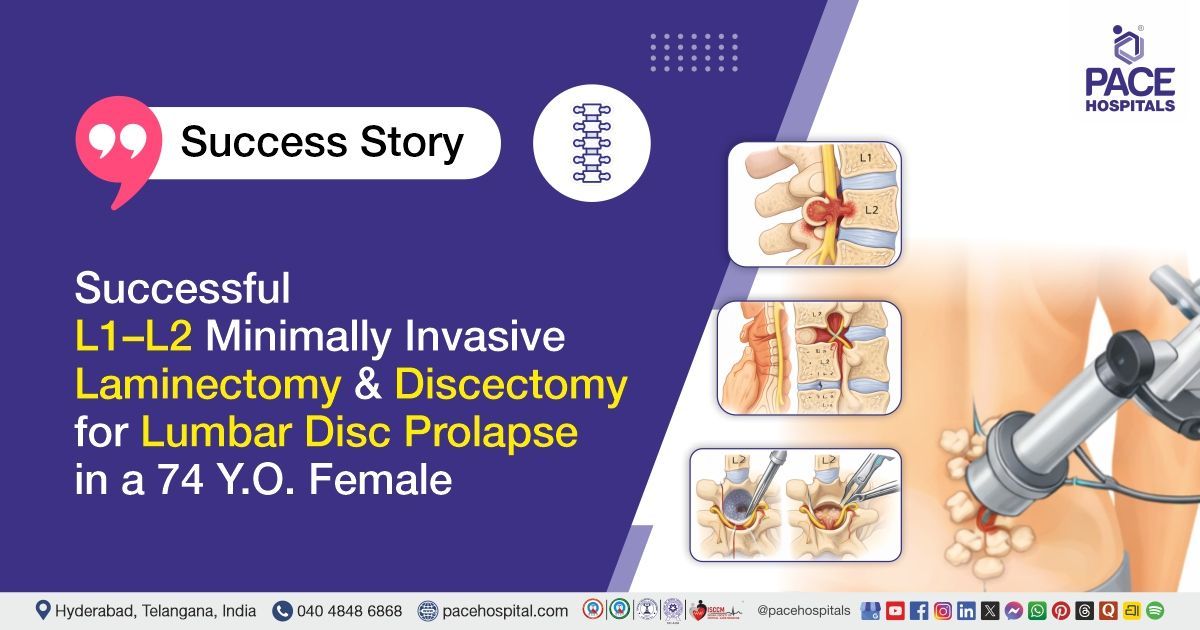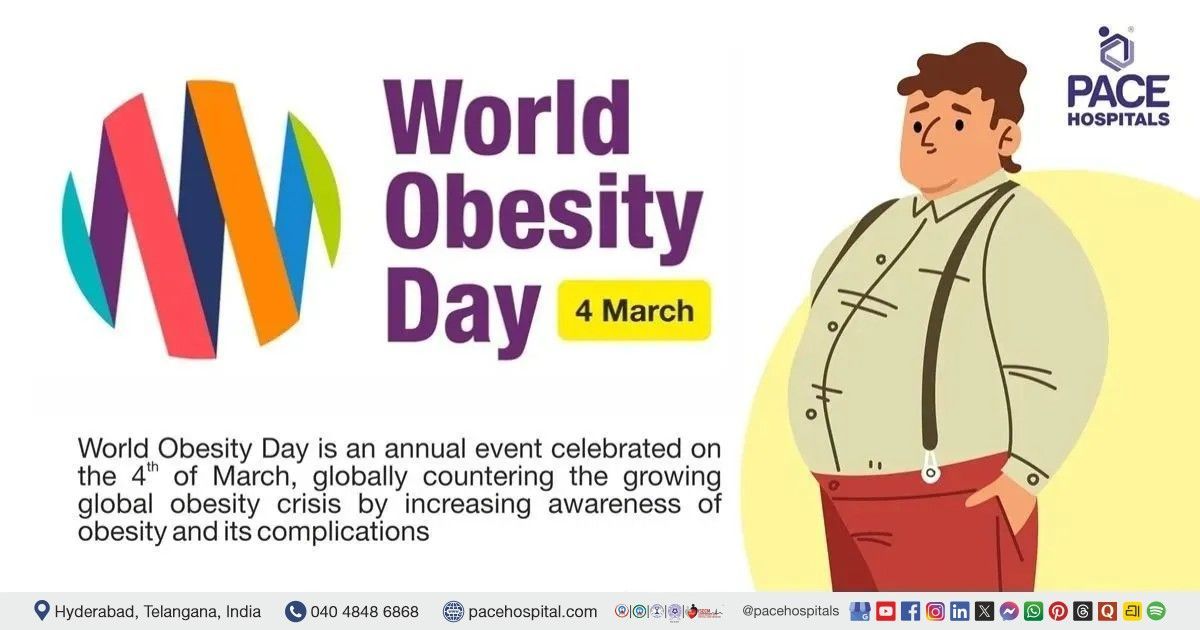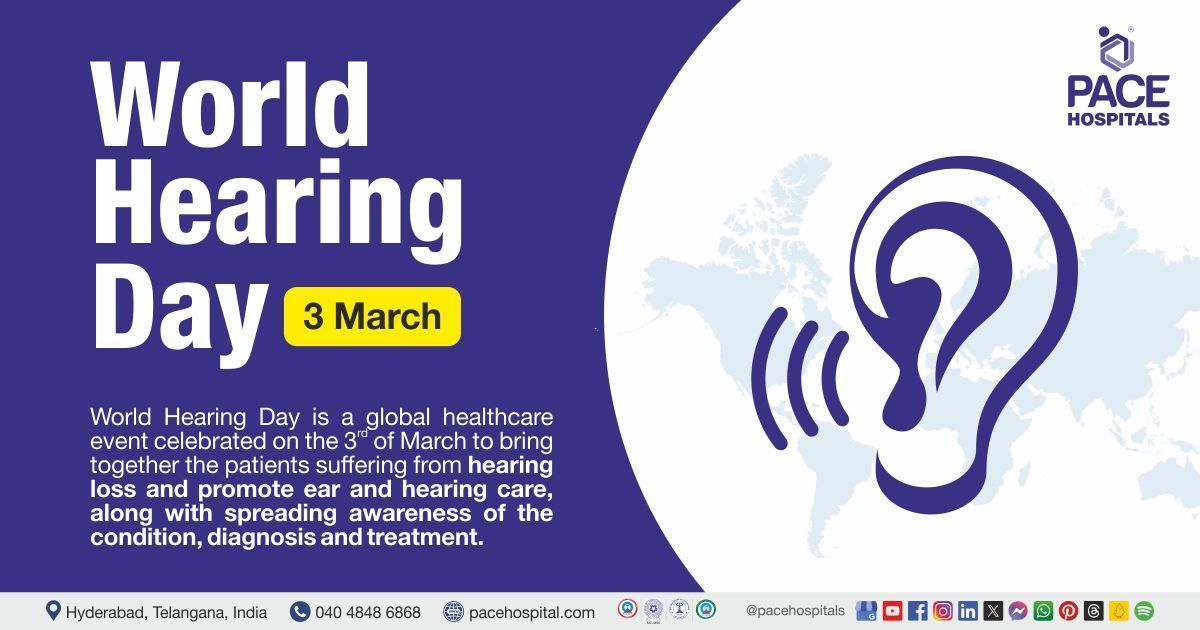Successful POEM Procedure Restoring Esophageal Function in 31-Y.O with Achalasia Cardia Type 2
PACE Hospitals
The PACE Hospitals' expert gastroenterologist team successfully performed a Peroral Endoscopic Myotomy (POEM)
on
a 31-year-old female patient diagnosed with achalasia cardia type II, and an Eckardt score of 7 (indicates severe symptoms, causing significant impact on daily life and nutritional status). She had presented with difficulty in swallowing for the past 10 years, as well as nocturnal cough, nasal regurgitation, and chest pain and weight loss over the past few months. The procedure resulted in a notable improvement in her swallowing ability and enhanced her overall functional recovery and quality of life.
Chief Complaints
A 31-year-old female with a
body mass index (BMI) of 16 presented to the Gastroenterology Department at
PACE Hospitals, Hitech City, Hyderabad, with complaints of difficulty swallowing for the past 10 year and nocturnal cough, nasal regurgitation, and chest pain over the last few months and approximately 10 kg weight loss over the past two years.
Past Medical History
The patient has a known case of achalasia cardia and has previously undergone balloon dilatation. There are no other comorbidities reported.
On Examination
On physical examination, patient was conscious coherent and oriented with stable vital signs. A systemic examination, including an abdominal assessment, revealed a soft, non-tender abdomen with no palpable masses or signs of discomfort. There were no signs of acute gastrointestinal distress, which was consistent with her clinical stability, although her ongoing symptoms suggested an underlying issue that required further investigation.
Diagnosis
Upon admission to PACE Hospitals, the patient was thoroughly evaluated by the gastroenterology team, which included a detailed review of her medical history and comprehensive clinical examination. Given her chronic history of progressive difficulty in swallowing, nocturnal cough, nasal regurgitation, chest pain, and significant weight loss, there was a strong clinical suspicion for achalasia cardia, a primary esophageal motility disorder.
The patient underwent a comprehensive diagnostic evaluation for swallowing difficulty. Barium swallow revealed a diffusely dilated esophagus with contrast retention. UGI endoscopy showed a dilated, tortuous esophagus with resistance at the gastroesophageal junction. Esophageal manometry confirmed Type 2 Achalasia with increased lower esophageal sphincter pressure and incomplete relaxation. Chest X-ray showed mild basal atelectasis. Thyroid function tests indicated hypothyroidism. Blood tests revealed microcytic hypochromic anemia with neutrophilic predominance. A Pap smear was performed and showed no intraepithelial lesion or malignancy but noted severe neutrophilic infiltration.
Based on the confirmed diagnosis, the patient was advised to undergo
Achalasia Cardia Treatment in Hyderabad, India, under the expert care of the Gastroenterology Department.
Medical Decision Making
After a detailed consultation with the consultant gastroenterologists Dr. Govind Verma, Dr. Sudhir, and Dr. Padma Priya, and cross consultants Dr. B Arvind a maxillofacial surgeon in view of orthodontic correction for deep bite. Dr. Tripti Sharma, in view of hypothyroidism, Dr. Mugdha Bandawar in view of pap smear evaluation a comprehensive evaluation was carried out to determine the most suitable diagnostic and therapeutic approach for the patient. The multidisciplinary team worked together to address the patient's complex clinical presentation, ensuring a tailored treatment plan specific to her condition. Based on their collective expertise and assessment, it was determined that Peroral Endoscopic Myotomy (POEM) was identified as the most effective interventions to relieve her symptoms.
The patient and her family were informed about her condition, the procedure, its associated risks, and its potential to alleviate symptoms and enhance her quality of life.
Surgical Procedure
Following the decision, the patient was scheduled for Peroral Endoscopic Myotomy (POEM) Surgery in Hyderabad at PACE Hospitals, under the expert care of the Gastroenterology Department.
The Peroral Endoscopic Myotomy (POEM) procedure was carried out in the following steps:
- Preparation and Anesthesia: The patient was given intravenous antibiotics and placed under short general anesthesia for the procedure.
- Mucosal Incision: Using an endoscope, the mucosa was stained with organic chloride salt at about 9 cm above the GE junction at 6 O clock position, and a small incision was made with a T-type electrosurgical knife.
- Submucosal Tunneling: A tunnel was created between the mucosal and muscular layers, coagulating any vessels to prevent bleeding, extending across the Lower Esophageal Sphincter(LES) into the stomach.
- Muscle Myotomy: Circular muscle fibers of the esophagus and LES were carefully cut through the tunnel to relieve obstruction caused by achalasia.
- Closure and Final Check: The mucosal incision was closed using endoscopic clips, and the endoscope was passed through the GE junction to confirm free passage and no complications.
The surgery was successfully completed without any complications. Afterwards, the patient was closely monitored to support a stable recovery.
Postoperative Care
The postoperative recovery was uneventful, with no signs of infection or complications. The patient received intravenous fluids, antibiotics, and supportive care to aid healing and prevent infection. A gastrograffin swallow study was performed, which revealed no contrast extravasation, and the contrast passed freely across the gastroesophageal (GE) junction.
The patient was then started on a liquid diet and monitored closely. After a stable recovery, the patient was discharged with detailed medical instructions for ongoing care and scheduled follow-up appointments.
Discharge Medications
Upon discharge, the patient was prescribed a course of oral antifungal medication to prevent any potential infection, proton pump inhibitors (PPIs) to reduce gastric acid secretion and gastrointestinal prokinetic agent to address indigestion or heart burn problem. Additionally, she was advised to continue with thyroid hormones as supportive treatments for hypothyroidism as necessary to aid her recovery and manage any postoperative discomfort. Detailed instructions on the medication regimen and potential side effects were provided to ensure proper adherence and optimal recovery.
Dietary Advice
The patient was advised to follow a liquid diet for the 1-week post-discharge, followed by semisolid diet for one week then followed by a soft diet for the next 2 weeks. Afterwards, she was advised to follow a normal diet, ensuring proper progression and tolerance of solid foods. Additionally, she was also advice to consume warm water after each meal and erect posture after each meal.
Emergency Care
The patient was informed to contact the emergency ward at PACE Hospitals in case of any emergency or development of symptoms like fever, abdominal pain, or vomiting.
Review and Follow-up Notes
The patient was advised to return for a follow-up visit after one month with the Gastroenterologist in Hyderabad at PACE Hospitals, to review her condition.
Conclusion
This case highlights the effectiveness of Peroral Endoscopic Myotomy (POEM) in managing achalasia cardia, leading to significant symptom relief and a marked improvement in the patient's quality of life. Additionally, timely diagnosis and treatment of hypothyroidism contributed to the patient’s overall recovery and well-being.
Multidisciplinary Approach to Advanced Achalasia Cardia with Comorbidities
The multidisciplinary approach in this case played a crucial role in ensuring comprehensive patient care. The gastroenterologist, as the primary specialist, coordinated closely with a maxillofacial surgeon and other consultants to address not only the esophageal disorder but also the patient’s nutritional, endocrine, and potential airway concerns. The
gastroenterologist / gastroenterology doctor led the evaluation and management of the patient’s achalasia cardia, while the involvement of other specialists ensured that all aspects of her health were thoroughly considered. This collaborative effort resulted in a holistic and effective treatment plan, ultimately supporting the patient’s overall recovery and well-being.
Share on
Request an appointment
Fill in the appointment form or call us instantly to book a confirmed appointment with our super specialist at 04048486868

